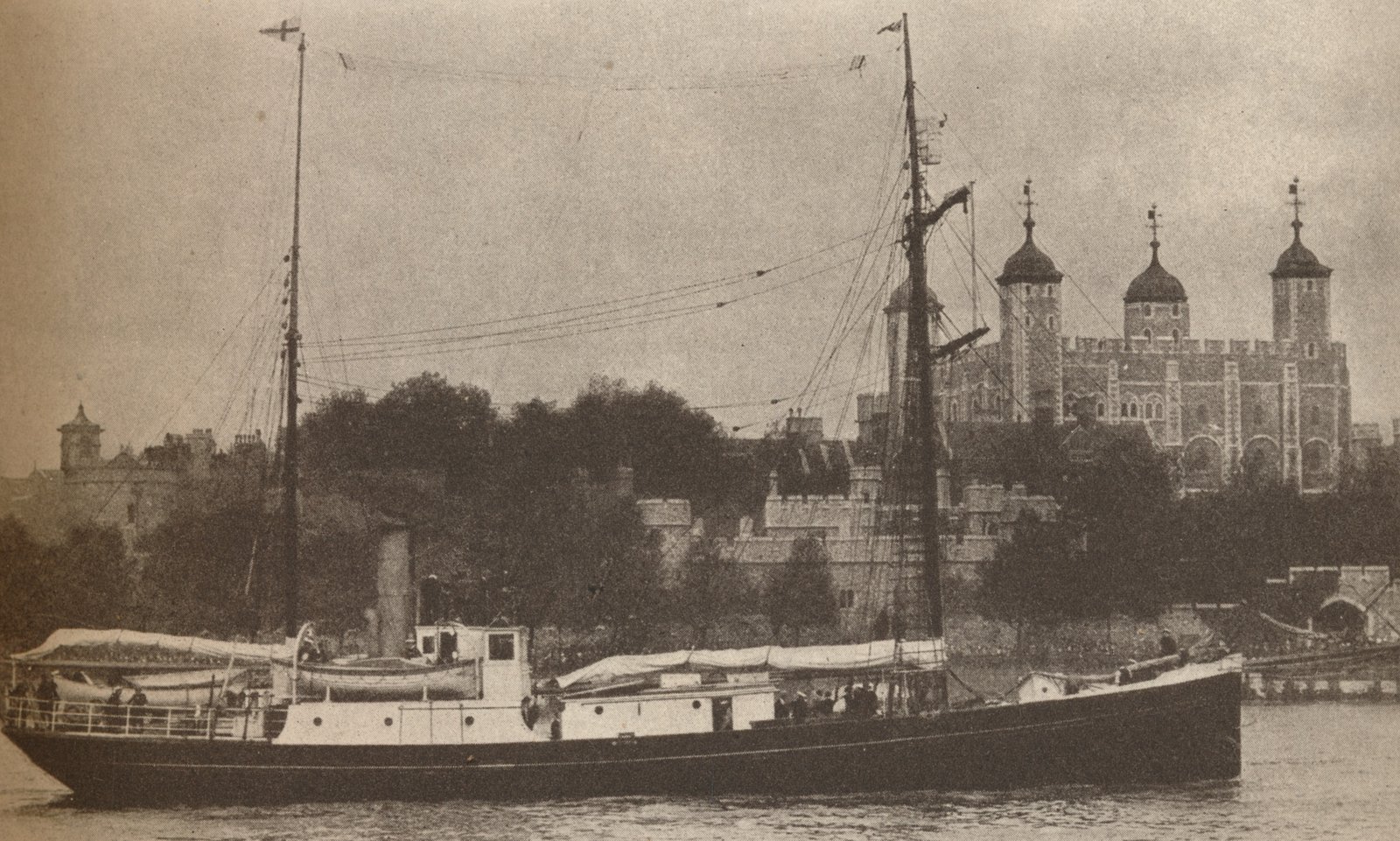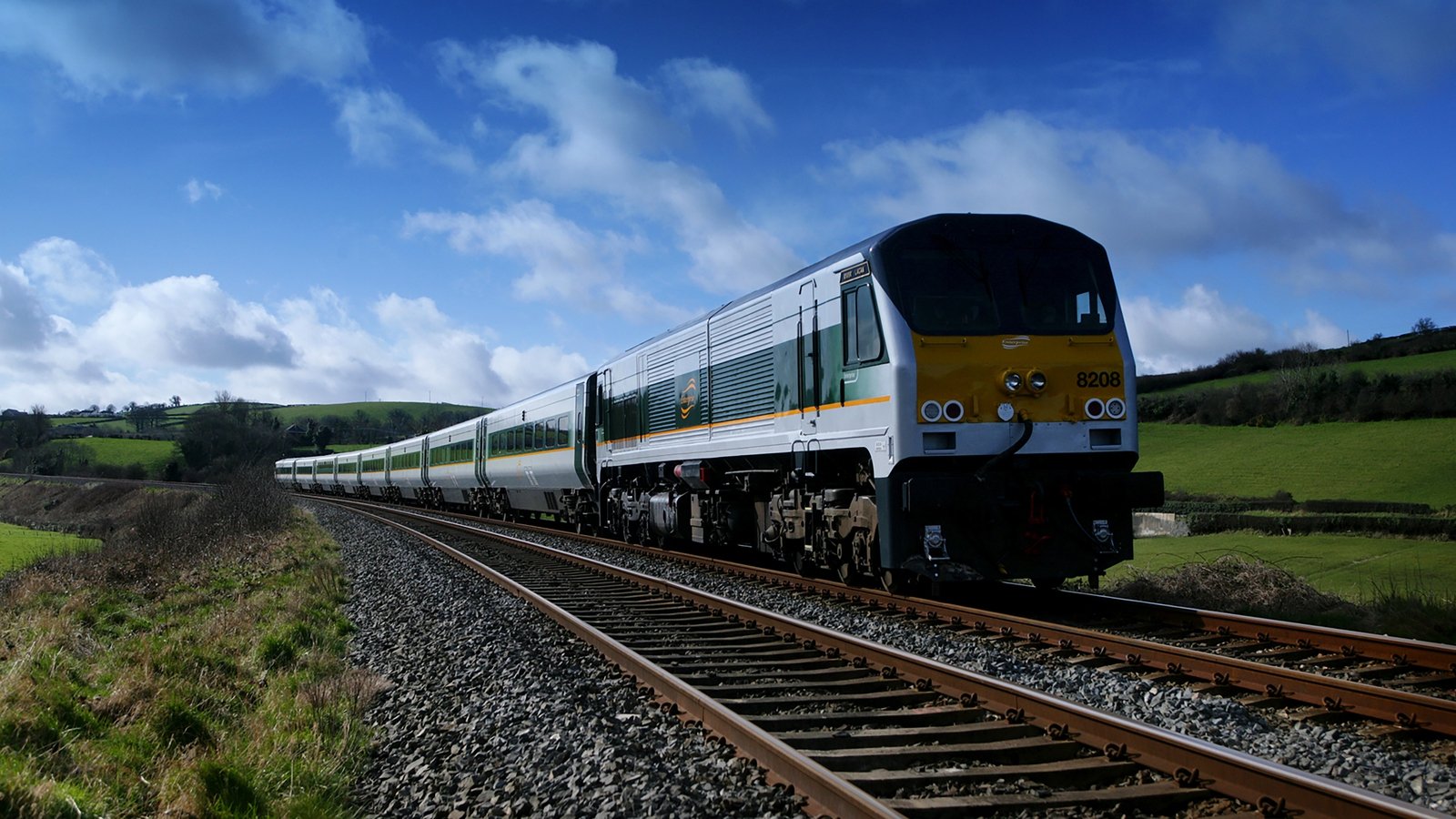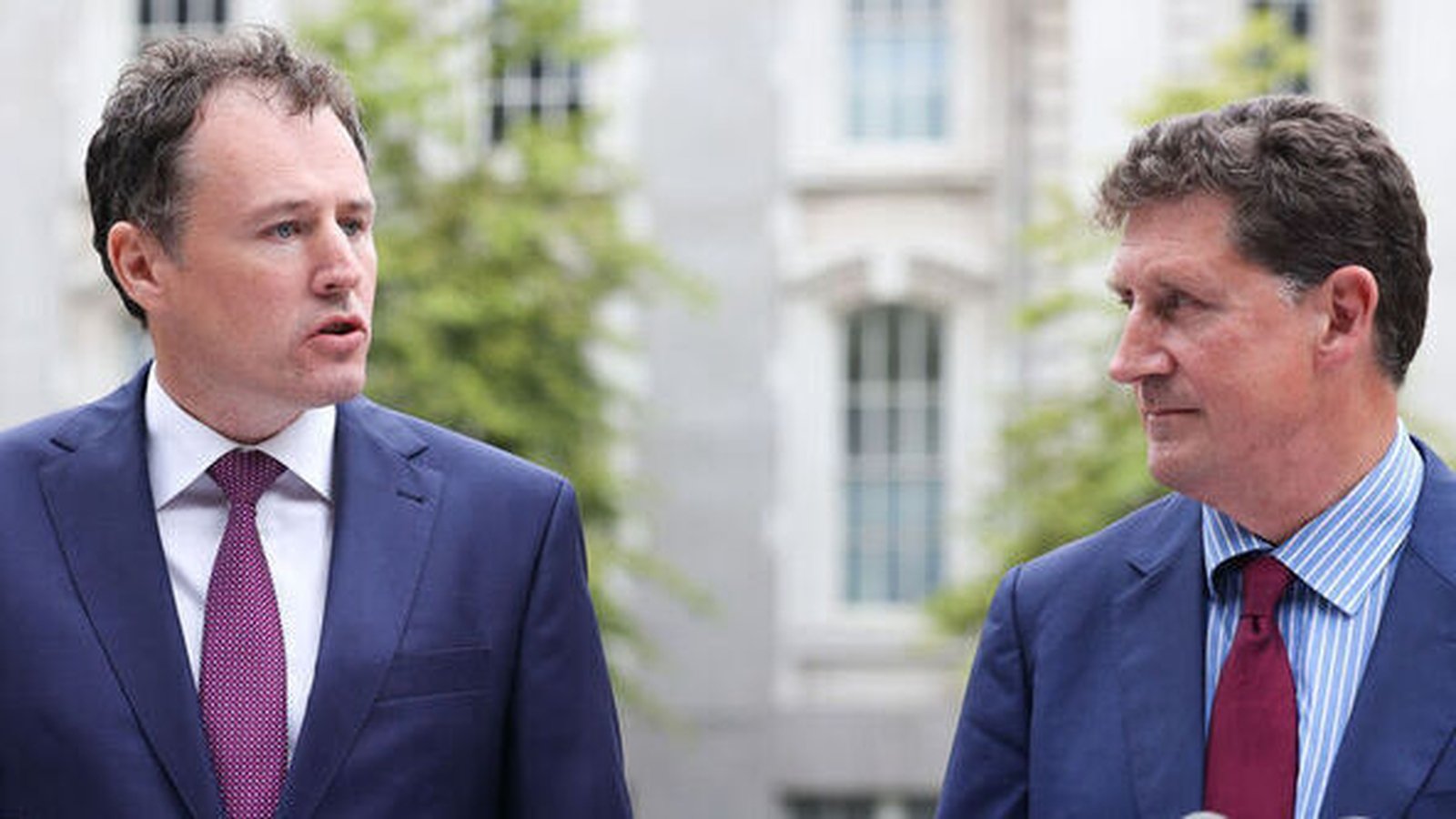What we know so far
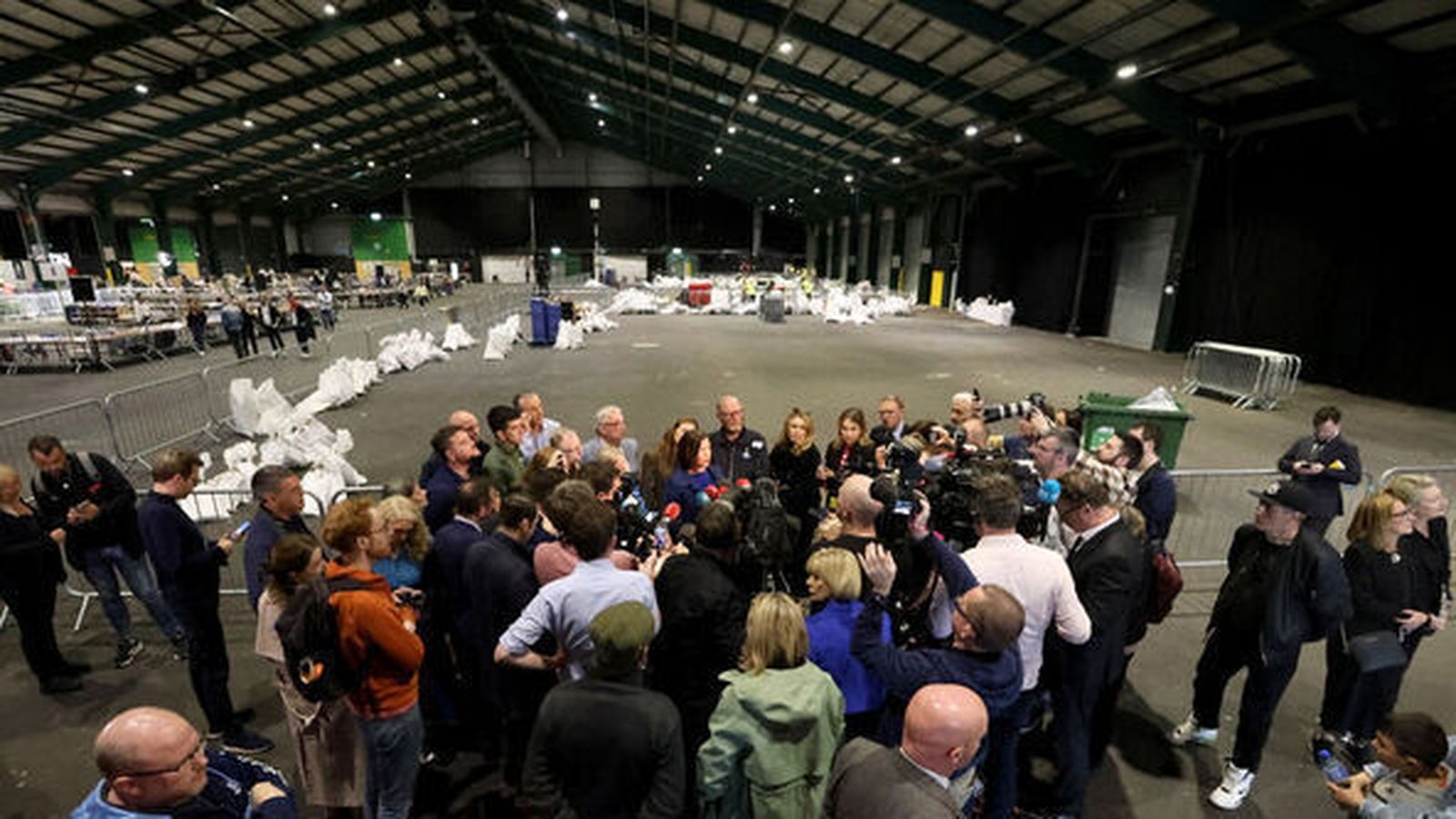
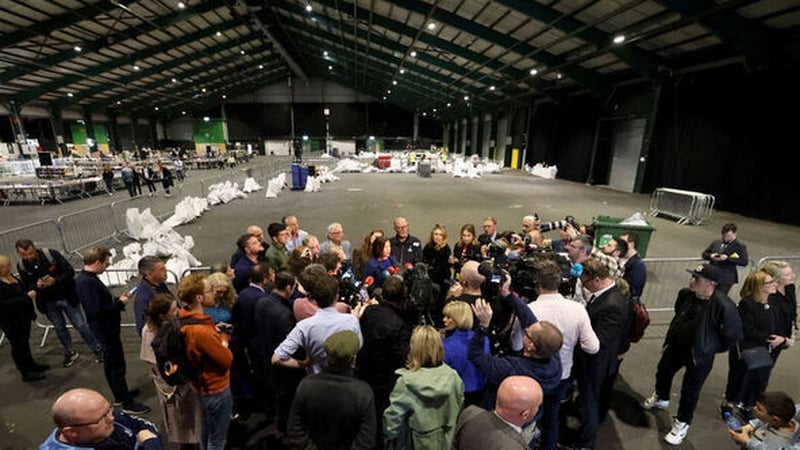
People across the country went to the polls on Friday to vote in the first nationwide elections in more than four years.
Counting in the local elections, which got under way on Saturday, has been moving steadliy towards a conclusion, while the European election count could run well into the week.
Voters in Limerick also had the opportunity to decide who they wanted to see become Ireland’s first ever directly elected mayor. Counting in the mayoral election is expected to begin later today.
Here’s a look at everything we know so far:
Locals
– Counting in the local elections gathered pace throughout Sunday and overnight into Monday with 823 out of the 949 seats across the 31 local authorities now filled, subject to recounts.
– Fine Gael and Fianna Fáil are currently slugging it out in a battle to be the biggest party when all counting is done and dusted.
– Fine Gael has secured 214 seats compared with Fianna Fáil’s 204. Both parties are however tied at 22.9% of first preference votes – and all eyes will be on kingmakers Ballina.
– Mayo County Council’s Ballina is the last of the 166 LEAs to declare a first count, which will determine which of either Fine Gael or Fianna Fáil comes out on top in terms of first preference votes.
– Despite his party’s strong showing, Taoiseach Simon Harris ruled out calling a general election because he said Government still had “lots to do”.
– Minister for Housing Darragh O’Brien said Fianna Fáil was “satisfied” with their performance and that Government parties had done “much better than predicted”.
– Sinn Féin has so far won 91 seats – more than the 81 it secured in 2019 – but these were not the sort of gains the party was hoping for.
– Party leader Mary Lou McDonald said it was a disappointing election overall, saying Sinn Féin would “regroup” and “reflect”.
– According to the Green Party’s Ciarán Cuffe, who he himself is hoping to retain his MEP seat for Dublin, said the Greens “didn’t get the kicking” that was predicted. As of 4am, they find themselves sitting on 20 council seats.
– The Social Democrats will be pleased with their performance, performing particularly well in the east of the country. They are on course to double their haul of 19 seats in 2019, winning 32 so far.
– Independents have continued to perform well – locking in 162 seats so far. 20 members of Independent Ireland, who are contesting their first ever elections, have been elected.
– Fringe and anti-immigration candidates represent a relatively small percentage compared to those cast for the established parties.
– In all, 12 local authorities have completed counting, including the largest one – Dublin City Council.
– Cork City Council along with the City and County Councils of Waterford and Limerick have finished their counts, as have Clare, Cavan, Kilkenny, Leitrim, Monaghan, Sligo, Tipperary and Wicklow County Councils are all also finished.
Europeans
– Polling stations across the EU shut at 10pm last night – allowing count centres across the bloc to start declaring results.
– The only first count came in Dublin where the quota is 75,345.
– Fianna Fáil’s Barry Andrews missed the quota but topped the poll with 62,147 first preference votes, followed closely by Fine Gael’s Regina Doherty on 61,344 – putting both canddiates some way ahead of their nearest challengers.
– Minister for Integration Roderic O’Gorman predicted a “complete dog fight for the final seat” in Dublin – and he will likely be proved right.
– Lynn Boylan (Sinn Féin – 35,431), Ciarán Cuffe (Green Party – 32,204), Aodhán Ó Ríórdáin (Labour Party – 30,733), Niall Boylan (Independent Ireland – 30,637), Clare Daly (Independents 4 Change – 26,855) and Bríd Smith (People Before Profit-Solidarity – 21,577) all look set to scrap it out for the final seats.
– Meanwhile, Ireland South (five seats) and Midlands-North-West (five seats) both finished up counting last night without any completed count.
– On Europe’s mainland, French President Emmanuel Macron announced he was dissolving parliament and called snap legislative elections after the far-right defeated his centrist alliance. He acknowledged that the outcome of the EU elections was “not a good result for parties who defend Europe”.
– Like Mr Macron, German Chancellor Olaf Scholz also endured a tough night where his Social Democrats scored their worst result ever, with the right-wing Alternative for Germany (AfD) making gains.
– Italian Prime Minister Giorgia Melonia’s Brothers of Italy group won the most votes in Italy – with projected forecasts based on the early count showing the party had won 28.3%.
– Ursula von der Leyen, however, said she was confident she could win a new mandate as the European Commission’s president after intiial EU projections showed her centre-right European People’s Party (EPP) with the most seats in the EU Parliament.
– The EPP is projected to win 189 seats followed by the Socialists & Democrats with 135.
Limerick mayoral election
– Counting is due to get under way in Limerick’s historic mayoral election in which citizens voted to directly elect their own mayor for the first time in the history of the State.
– Minister for Higher Education Patrick O’Donovan described the race as a “totally different election to anything we’ve seen before”. He said he believed the count “will go far out beyond Tuesday before there is a final result”.


